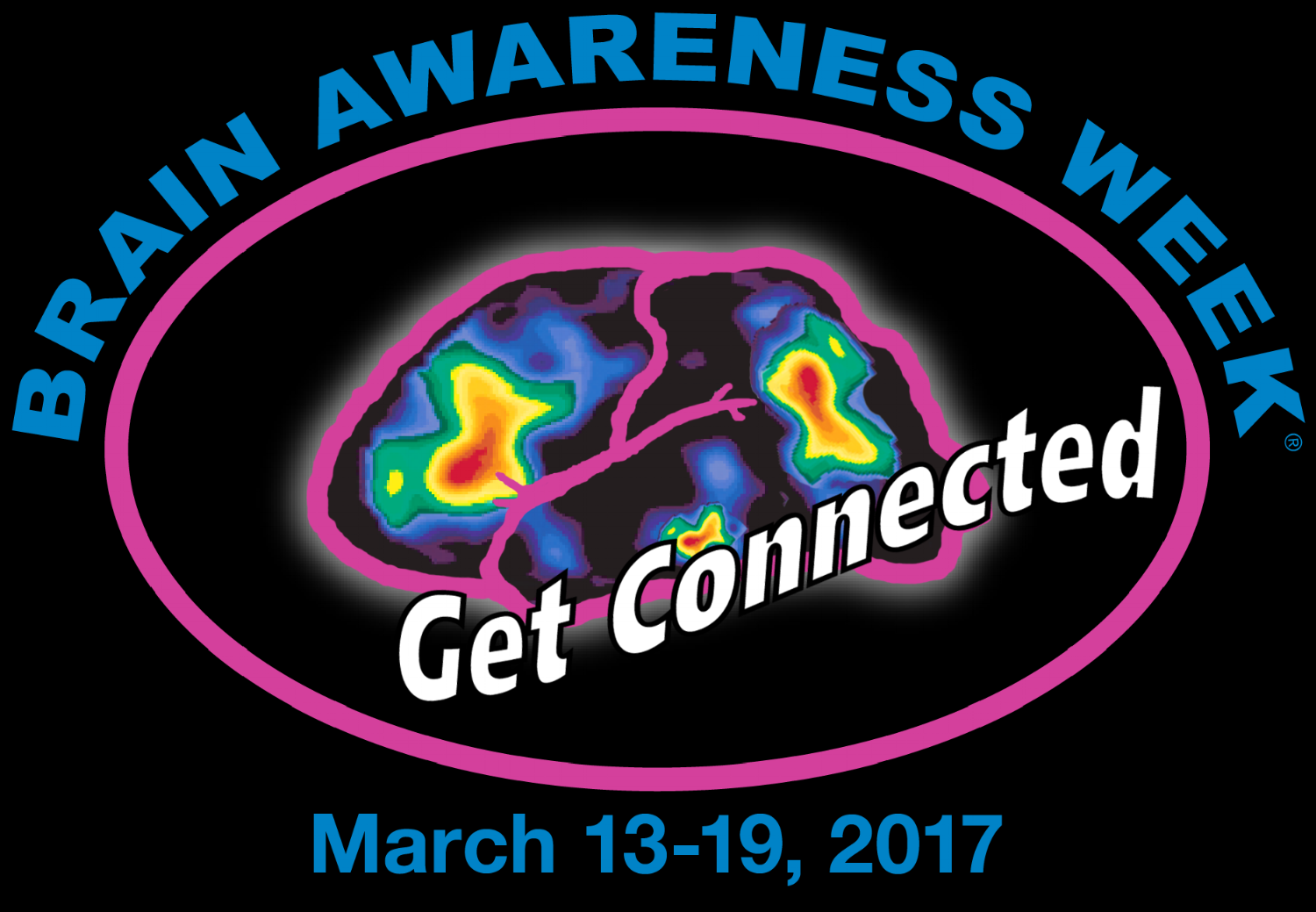After receiving overwhelming requests from our clients and partners, Mind Therapy IOP groups are now starting at our San Francisco location starting May 30, 2017. Initially, this program will be available three evenings per week – Tuesdays, Wednesday, and Thursdays from 6pm to 8:50pm at 2299 Post Street, Suite 104B – and is designed to accommodate clients with busy day schedules.
Continue readingComplimentary Experiential Workshop: Break the cycle of shame and anxiety.
Join us Monday evening, May 15 in the MindTherapy Clinic classroom for an experiential workshop on healing the core of addiction by Francois Benoist, founder of The Exclusive Hawaii addiction treatment center.
For clinicians and clients.
This workshop is open to anyone suffering from addiction, an eating disorder, anxiety, or trauma, as well as mental health professionals who want to learn the tools of Experiential Engagement Therapy.
Continue readingEEG can Help Doctors Diagnose Attention Disorders
Harvard Medical School suggests electroencephalography, or EEG can help diagnose attention disorders. Attention deficit disorder (ADD), with or without hyperactivity, affects up to 5 percent of the population, according to the DSM-5. It can be difficult to diagnose behaviorally, and coexisting conditions like autism spectrum disorder or mood disorders can mask it.
Continue readingStruggling with an adult child @ home? Get support from other parents.
According to an analysis by the Pew Research Center, for the first time in more than 130 years, Americans ages 18-34 are more likely to live with their parents than in any other living situation.
Continue readingWelcome Jeffrey DeVido, MD, a new psychiatrist at Mind Therapy Clinic!
We are pleased to announce, that as part of our continued plan to provide exceptional mental health care to our clients, we have added a new psychiatrist to our team.
Jeffrey DeVido, MD joins our growing team of talented clinicians at Mind Therapy Clinic. Dr. DeVido earned a Masters in Theological Studies at Harvard Divinity School before entering medical school at Columbia University College of Physicians and Surgeons. He went on to complete adult psychiatry and addiction psychiatry training at Massachusetts General and McLean Hospitals at Harvard Medical School.
In addition to his work at Mind Therapy Clinic, he maintains a teaching faculty appointment at UCSF’s Department of Psychiatry and continues to teach, lecture, and publish on a wide array of psychiatric conditions.
Continue readingNew! Anxiety Group Therapy
Starting this month, Mind Therapy Clinic is offering Anxiety Group Therapy on Fridays 10:00 am. While anxiety is a natural, normal response to threatening situations, more than 40 million US adults suffer anxiety symptoms when there’s no real threat.
In this group, Mind Therapy Clinic’s Amelia Howard-Smith will facilitate members to gain a better understanding of the thoughts and behaviors that perpetuate anxiety symptoms and build coping skills and confidence in a comfortable and safe environment.
Sign up for Anxiety Group.
More on Amelia Howard-Smith.
About Anxiety Treatment at Mind Therapy Clinic.
Psychotherapist Arin M. Bass Joins Mind Therapy Clinic Team
“My own journey of recovery guided the way into my work with individuals who experience eating disorders… I believe a trusting therapeutic relationship and building positive coping tools are essential to recovery.” – Arin M. Bass, M.A., LMFT
Mind Therapy Clinic welcomes Arin M. Bass, a licensed Psychotherapist who earned her Master’s degree in Counseling Psychology with a concentration in Marriage and Family Therapy from The American School of Professional Psychology. She has been practicing since 2010, and for the past several years, her focus has been with adolescents, adults and families in a clinical setting attending to the issues of eating disorders, body image issues, substance abuse, and co-morbid diagnoses such as depression, anxiety, and suicidality and self harm. Arin utilizes a multidisciplinary theoretical perspective with emphasis on Client-Centered, Psychodynamic, Cognitive Behavioral, and Dialectical Behavioral and Family Systems models.
Continue readingBrain Awareness Week Starts Today
Every March, Brain Awareness Week (March 13-17) unites the efforts of many organizations worldwide in celebration of the brain for people of all ages.
We are proud to partner with the Dana Foundation this week in raising awareness for brain research and the importance of staying mentally fit and healthy.
Continue readingWelcome Christine Valdez, PhD, PTSD/Trauma Treatment Expert
Mind Therapy Clinic welcomes Christine Valdez, Clinical Psychologist and PTSD expert to the team. Dr. Valdez is a licensed clinical psychologist with expertise in empirically supported treatments for trauma-related issues, including post-traumatic stress, depression, and anxiety. She specializes in individual and group therapy for adults who have experienced interpersonal trauma.
Continue reading








